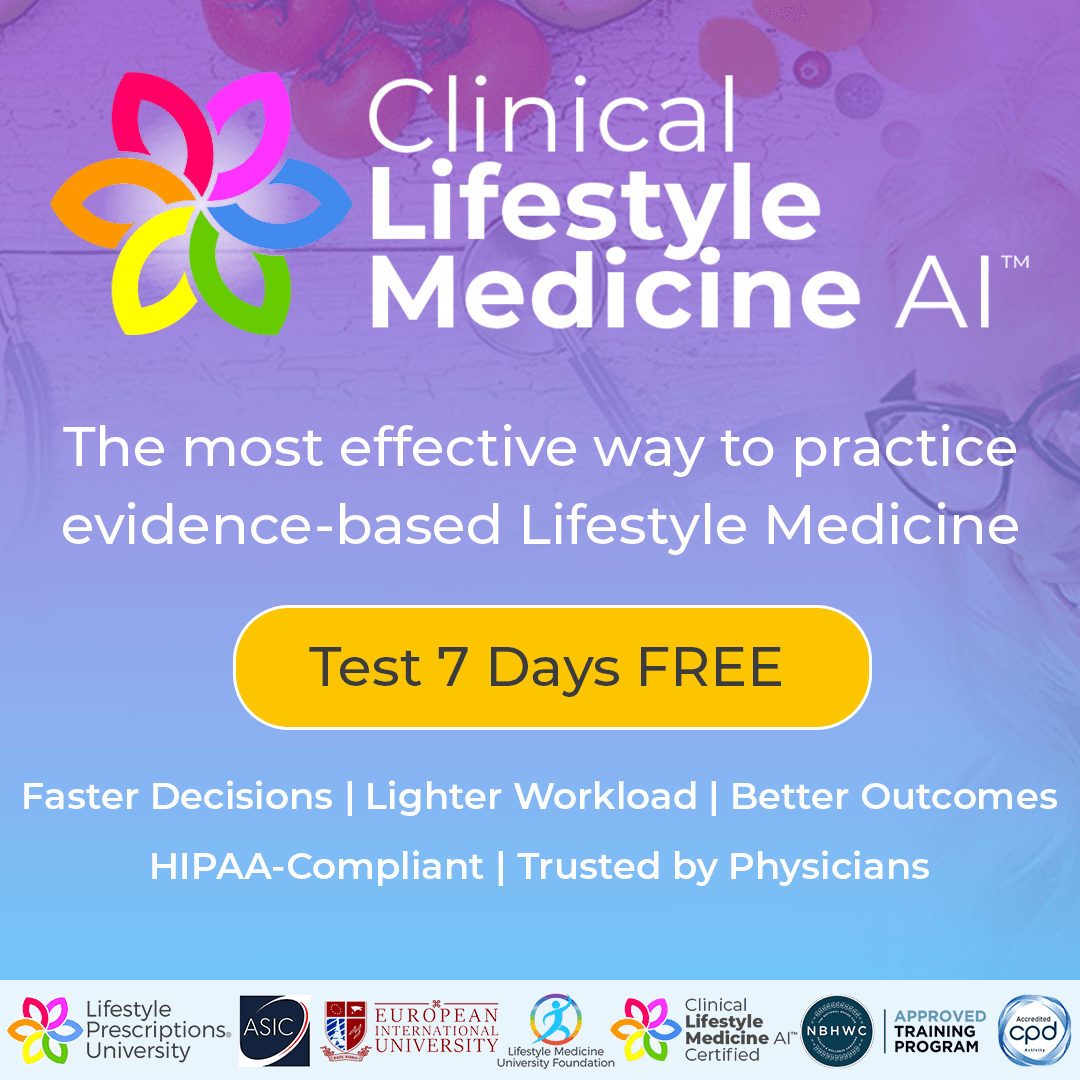Diabetes and Heart Disease: The Hidden Connection
Did you know that people with diabetes are twice as likely to develop heart disease compared to those without it? While many focus on managing blood sugar, the connection between diabetesand heart health often goes unnoticed. Understanding this link is crucial for preventing life-threatening complications.
In this blog, we’ll explore how diabetes affects the heart, the risks involved, and steps you can take to protect yourself.

How Diabetes Affects the Heart
Diabetes leads to high blood sugar levels, which can damage blood vessels over time. This damage makes it easier for fatty deposits to build up, narrowing arteries and increasing the risk of heart attacks and strokes. Other risk factors, like high blood pressure and cholesterol, often go hand in hand with diabetes, making heart disease even more likely.
Key Ways Diabetes Contributes to Heart Disease
High Blood Sugar: Damages blood vessels and nerves that control the heart.
Inflammation: Chronic inflammation caused by diabetes weakens the cardiovascular system.
High Blood Pressure & Cholesterol: Increases strain on the heart, leading to complications.

Signs of Heart Disease in People with Diabetes
Recognizing early symptoms can help prevent serious heart problems. Watch for these warning signs:
✅ Chest pain or tightness ✅ Shortness of breath ✅ Fatigue or dizziness ✅ Swelling in legs, ankles, or feet
If you experience any of these symptoms, consult your doctor immediately.
How to Protect Your Heart If You Have Diabetes
Taking proactive steps can significantly lower your risk of heart disease.
1. Maintain Healthy Blood Sugar Levels
Monitor blood sugar regularly.
Follow a balanced diet rich in fiber, lean proteins, and healthy fats.
2. Stay Physically Active
Aim for at least 30 minutes of exercise, five days a week.
Walking, swimming, or strength training can improve heart health.
3. Control Blood Pressure & Cholesterol
Limit processed foods, salt, and unhealthy fats.
Take medications as prescribed by your doctor.
4. Quit Smoking and Reduce Stress
Smoking worsens blood vessel damage and increases heart disease risk.
Practice stress-reducing techniques like yoga or meditation.

Conclusion
The connection between diabetes and heart disease is undeniable, but you have the power to protect yourself. By managing blood sugar, staying active, and making heart-healthy choices, you can reduce your risk and live a healthier life.
Have questions or tips on managing diabetes and heart health? Share them in the comments below!
© 2015-2026 Lifestyle Prescriptions® University. The terms Lifestyle Prescriptions®, Organ-Mind-Brain Anatomy™, and Root-Cause Health Coaching™ are worldwide trademarks of the Lifestyle Prescriptions® University and can only be used after completing qualifying training programs. Lifestyle Medicine WORKS™, Lifestyle Medicine Summit, HealthiWealthi™ are trademarks of Lifestyle Medicine University Foundation.
* This website and all LPU training programs are for educational purposes only. No medical diagnosis, therapy, or treatment is provided.










